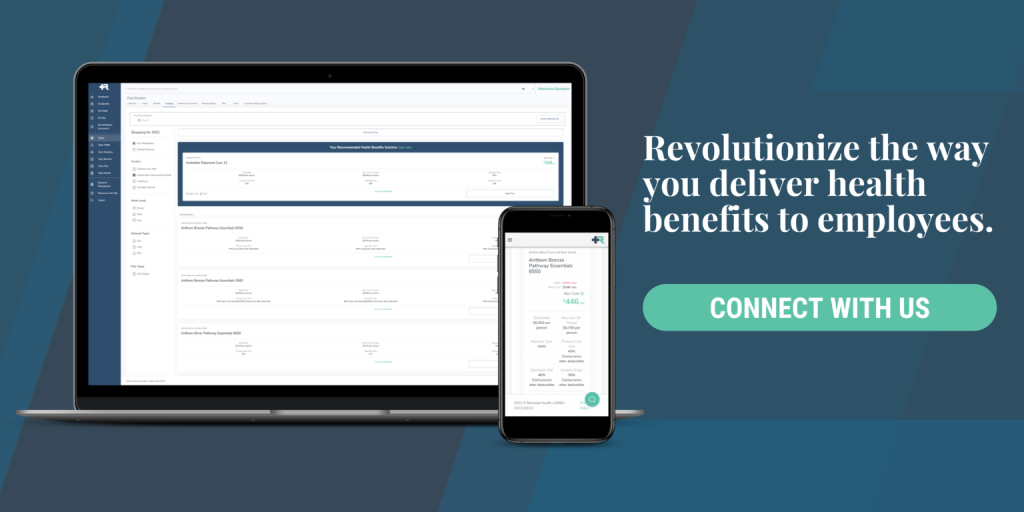What Is a Qualifying Life Event/Special Enrollment Period?
By Mallory Meyer on Oct 10, 2024 10:05:00 AM

A Qualifying Life Event (QLE) is a significant change in your circumstances, such as a change of address, getting married, having a baby, or losing health coverage. These events can make you eligible for a Special Enrollment Period (SEP), allowing you to enroll in health insurance outside the standard Open Enrollment Period. There are four main types:
1. Loss of Health Coverage
This includes losing existing health coverage, such as job-based, individual, or student plans; losing eligibility for Medicare, Medicaid, or Children’s Health Insurance Program (CHIP); or turning 26 and losing coverage via a parent’s plan.
2. Changes in Household
This includes getting married or divorced; or having a baby or adopting a child.
3. Changes in Residence
This includes moving to a different ZIP code or county; students move to or from the place where they attend school; seasonal workers move to or from where they live and work; or moving to or from a shelter or other transitional housing.
4. Other Qualifying Events
This includes gaining membership in a federally recognized tribe or becoming an Alaska Native Claims Settlement Act (ANCSA) Corporation shareholder; becoming a U.S. citizen; leaving incarceration (jail or prison); and AmeriCorps members starting or ending their service.
Understanding Special Enrollment Periods
A Special Enrollment Period (SEP) is a time outside the annual Open Enrollment Period when you can sign up for health insurance. You become eligible for an SEP if you experience certain life events, such as losing health coverage, moving, getting married, having a baby, or adopting a child. Additionally, you may qualify for an SEP if your household income falls below a certain level. Depending on the type of SEP, you typically have 60 days before or after the event to enroll in a health plan. You can apply for Medicaid and CHIP anytime, but it must be done independently.
Maximize Your Health Coverage
Understanding QLEs and SEPs is crucial to ensuring you have access to health coverage when you need it most. Life is unpredictable, but by recognizing how certain events like changes in household, residence, or coverage can trigger a SEP, you can avoid gaps in your insurance. Be sure to take advantage of the enrollment window and explore all your coverage options, including Medicaid or CHIP if you qualify. Staying informed and prepared will help you secure the health plan that best fits your evolving needs.
To learn more, reach out to the Remodel Health team today.
Check out more resources
See these related articles

What is Open Enrollment?
Open Enrollment is your once-a-year opportunity to take control of your health insurance. Whether you’re looking to switch plans, enroll for the first time, or simply renew your current coverage, this critical window determines your healthcare options for the upcoming year. Understanding the process can save time, money, and stress—and that’s where Remodel Health comes […]

Incorporating ICHRAs Into Your Church or Ministry
The professional team at Remodel Health can help you efficiently integrate ICHRAs into your church or ministry.

How ERISA affects ICHRA (A Comprehensive Guide)
Discover essential compliance insights for employers navigating ICHRA and ERISA. Stay informed and ensure your business meets regulations.

